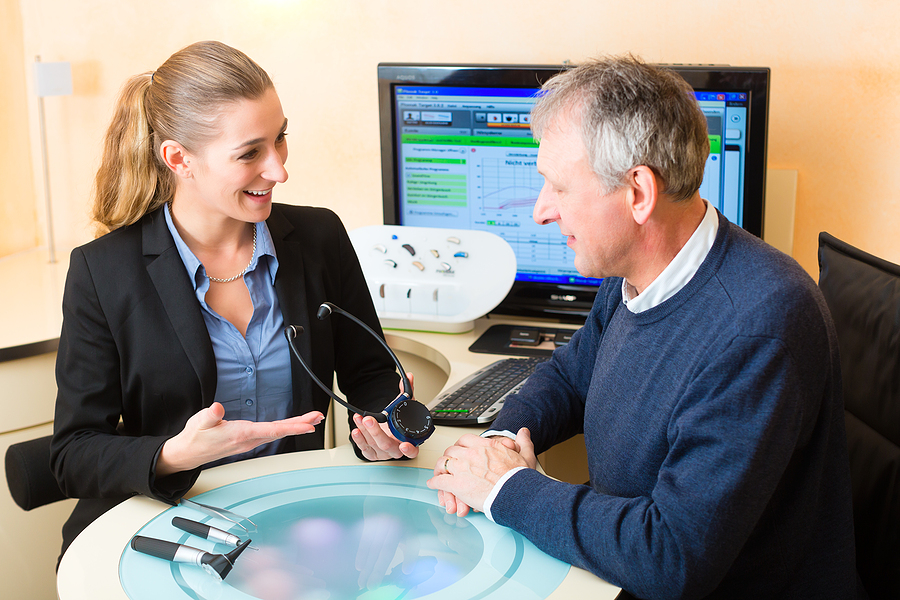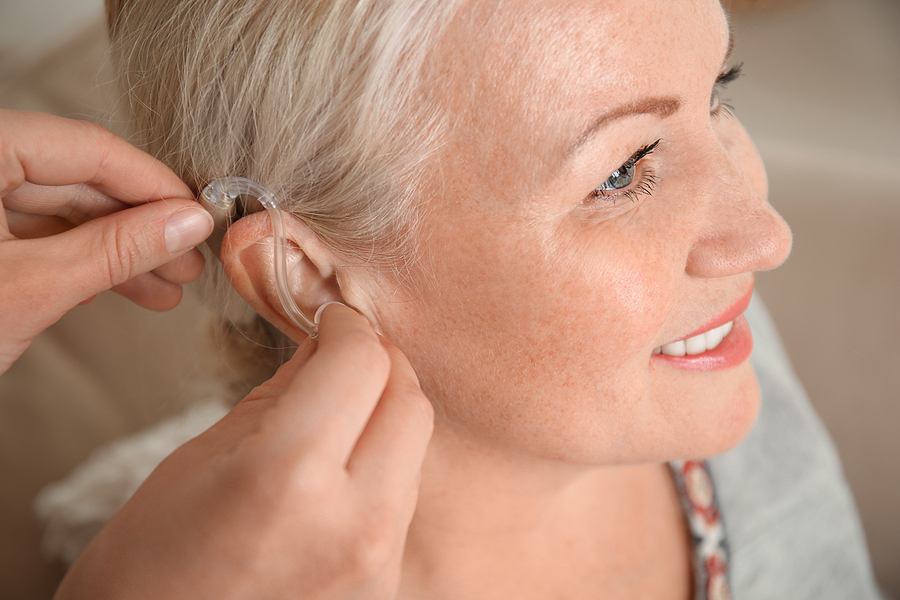Why Live Speech Mapping Makes Hearing Aid Adjustments Better
Hearing aid fittings have come a long way through the years. At one point,


Hearing aid fittings have come a long way through the years. At one point,

There are usually a lot of public gatherings during the holidays, with

Getting a new hearing aid fitted changes everything. The world will feel